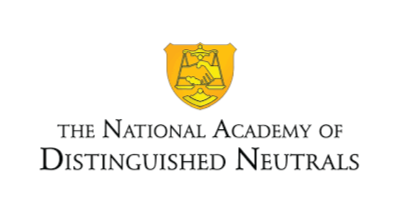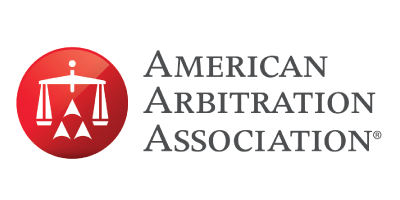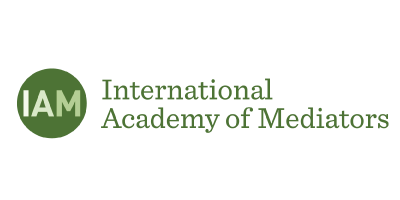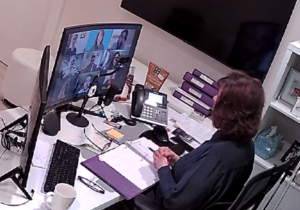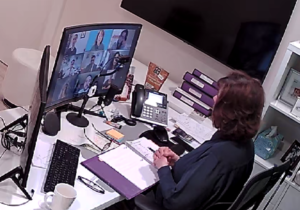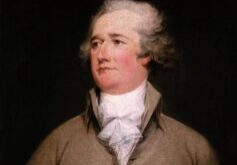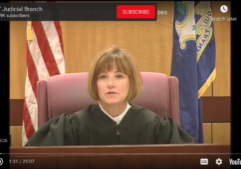Are Mediators Neutral?
by Judge Elaine Gordon (ret.)

Elaine Gordon is a retired Superior Court judge and founder of Gordon ADR. She is a member of the National Academy of Distinguished Neutrals and a Distinguished Fellow of the International Academy of Mediators.
Last fall, at a gathering of the International Academy of Mediators, I moderated a discussion about whether or not Mediators are neutral. Mediator neutrality is a basic tenet of our profession. But what does that mean? Is the Mediator practicing neutrality or “mutual partiality?” Here are a few definitions of “neutral”:
- Not giving assistance in a dispute between parties
- Not helping or supporting any side or position in a controversy
- Not participating or giving advice in a dispute
In a litigated case, the bottom line is settlement and closure. My IAM colleagues, all experienced mediators from around the world, agreed that a hands-off, Swiss like, approach does not get the job done. Rather, they agreed that Mediators are most effective when they practice “mutual partiality!”
One participant described it like this:
“I see myself as a coach - helping each party get as much of what they came for as I can. I am quite partial when caucusing. I help them strategize how to play their cards; evaluate their risks; consider the overall big picture; and make sure they have what they need in their file to support the settlement they are authorizing. I help parties find a good reason for doing what’s needed to settle. I serve as a negotiation coach more than a message carrier. I lend my expertise and creativity by offering various options. I bring clarity to the negotiation from my neutral view. Basically, I help everyone come out of it OK.”
Since retiring from the bench and successfully completing almost 500 cases, I’ve found the “mutual partiality” approach very effective and, more importantly, so do most litigants and their counsel.
You may also be interested in ...
